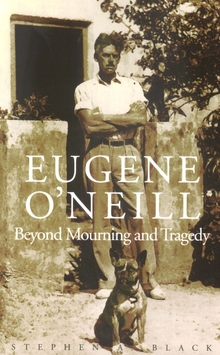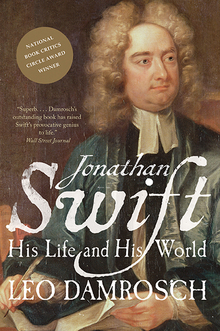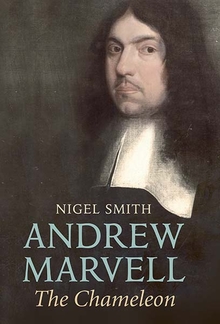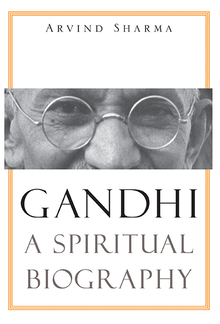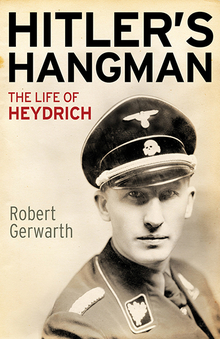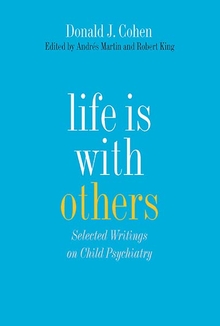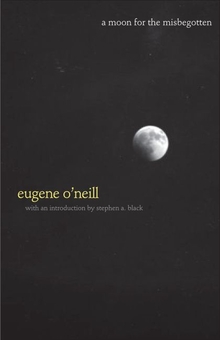Eugene O`Neill
WARNING
You are viewing an older version of the Yalebooks website. Please visit out new website with more updated information and a better user experience: https://www.yalebooks.com
Beyond Mourning and Tragedy
Stephen A. Black
Through close analysis of O'Neill's plays and literary writings, some five thousand surviving letters, other personal documents, and accounts of people who knew him, Black reaches new conclusions about important aspects of the playwright's life and work. He follows the slow course of O'Neill's mourning by studying the many grieving characters in O'Neill's plays, and when at last the playwright accepts his losses and moves on, his characters do likewise. The changed tone and form of O'Neill's final plays, including Hughie and A Moon for the Misbegotten, reflect the playwright's psychological and artistic growth and his hard-won victory over mourning and tragedy.
Stephen A. Black was born in Los Angeles and educated there and in Seattle. He studied psychoanalysis in Seattle and is emeritus professor of English at Simon Fraser University, British Columbia.
A selection of the Stage & Screen Book Club
“The exhaustive, psychoanalytic biography of O’Neill adds much to the literature, helping to explain the playwright’s childhood and growth into one of drama’s best-known writers. This will be a welcome addition to drama history collections.”—Angie Stuckey, Public Library Association
"Is there a connection between creative genius and mental sickness? Centuries ago Sophocles made the case, and professor Black's superb psychoanalytical inquiry into O'Neill demonstrates how the height of originality may be born of the depth of suffering."—John Patrick Diggins, Distinguished Professor of History, Graduate Center CUNY
“This book is groundbreaking and may well alter a number of long-held conceptions about Eugene O’Neill.”—Margaret Loftus Ranald, president, Eugene O’Neill Society
"Much has been written about Eugene O'Neill—memoirs, biographies, critical essays—but little of it attains the depth and power of Black's absorbing, meticulously researched, intelligently written biography. Black, a professor of English and a trained psychoanalyst, uses the tools of both disciplines to examine every aspect of O'Neill's life. . . . Those open to a probing psychoanalytic discussion of O'Neill will be engrossed and fascinated."—Booklist
“Black’s richly illustrated volume sets out to consider O’Neill as writing plays essentially as a means of self-therapy. . . . [Black] is unique in dealing with O’Neill as a writer whose work is not only patently informed by whatever he has most recently been reading (Freud, Strindberg) but who consciously set out to map the past and present directions of his life. . . . Necessary for all collections.”—Choice
“Black contribute valuable information, correcting and amplifying the data of his subject’s life with his own meticulous research and that of other O’Neill scholars. The major strength of Black’s portrait is his description of O’Neill’s maturation as an artist. . . . Nonetheless, this fascinating biography will be of interest to anyone concerned with the life of Eugene O’Neill, tragic drama, theater history, or the problems of applied psychoanalysis.”—Eric J. Nuetzel, Journal of the American Psychoanalytic Association
"Through subtle readings of O'Neill's plays and extensive research into his life and letters, Black explores how . . . monstrous losses ravaged O'Neill's psyche and how the playwright's mourning perversely inspired his creative processes. . . . As straightforward as it is informative, presenting O'Neill's sadly heroic tale with welcome grace. Though completing this massive tome may require several long days' journeys into night at the library, the destination is more than adequate recompense. O'Neill proves a fascinating, if morbid, traveling companion, and Black a capable and erudite cicerone."—Kirkus Reviews
"One could ask, Do we need another biographical study of O'Neill? . . . Black, a trained psychoanalytic therapist . . . demonstrates convincingly that there is indeed more to say. . . . Closely analyzing some 5000 letters, the plays, other personal documents, and accounts by people who knew him, Black follows O'Neill's course of mourning. . . . Highly recommended for all academic libraries and larger public libraries."—Library Journal
“The novelty of Black’s study is its suggestion that O’Neill used his plays as exercises in psychoanalyzing himself, and that his whole writing career was one long, astonishingly successful psychoanalysis. . . . It’s an interesting way of reading O’Neill, and convincing as far as it goes.”—Ronald Bryden, National Post (Canada)
“[An] insightful inspection of a misbegotten American genius. . . . Exactingly researched and engrossingly told, Eugene O’Neill: Beyond Mourning and Tragedy is an impressive and involving tome.”—Harry Haun, Newark Star Ledger
"Black's examination of . . . O'Neill's art is rich and complex. With his guidance, plays like Desire Under the Elms and Strange Interlude reveal the dramatist's intense interest in (and use of) Freudian theories. . . . Black paints a moving portrait of an artist who 'had passed beyond mourning and tragedy.' . . . A thoughtful and provocative analysis. . . . Black offers many fresh insights into the great American dramatist's life and work."—Publishers Weekly
"[This book contains] a wealth of fresh insights. . . . The entire thrust of this sensitive book is that O'Neill's art gave him the means to transcend his pain. Because Black has delineated the healing powers of that magical process so fully, readers will feel O'Neill's agony over its loss all the more keenly."—Wendy Smith, Washington Post Book World
“It’s a particular pleasure to read [Black’s] loving elucidation of the crucial comic elements in . . . works that are profoundly misunderstood if we fail to see the almost Shakespearean acceptance of human folly and failure that balances their more evident bleakness.”—Wendy Smith, Washington Post Book World
“O’Neill had the kind of life that Freudian complexes are made. And it is a meticulously psychological approach that English professor and psychoanalyst Stephen A. Black takes in his absorbing Eugene O’Neill:Beyond Mourning and Tragedy.”—Jayne M. Blanchard, Washington Times
“Stephen A. Black’s biography of the playwright Eugene O’Neill sets a new standard for psychobiography, calling literary criticism back to the experimental origin of art. . . . Eugene O’Neill is an immensely rewarding cook for those looking for an explanation of a great writer’s motivation.”—Andrew Brink, Clio’s Psyche: Understanding the “Why” of Culture, Current Events, History and Society
Publication Date: February 8, 2002
40 b/w illus.

